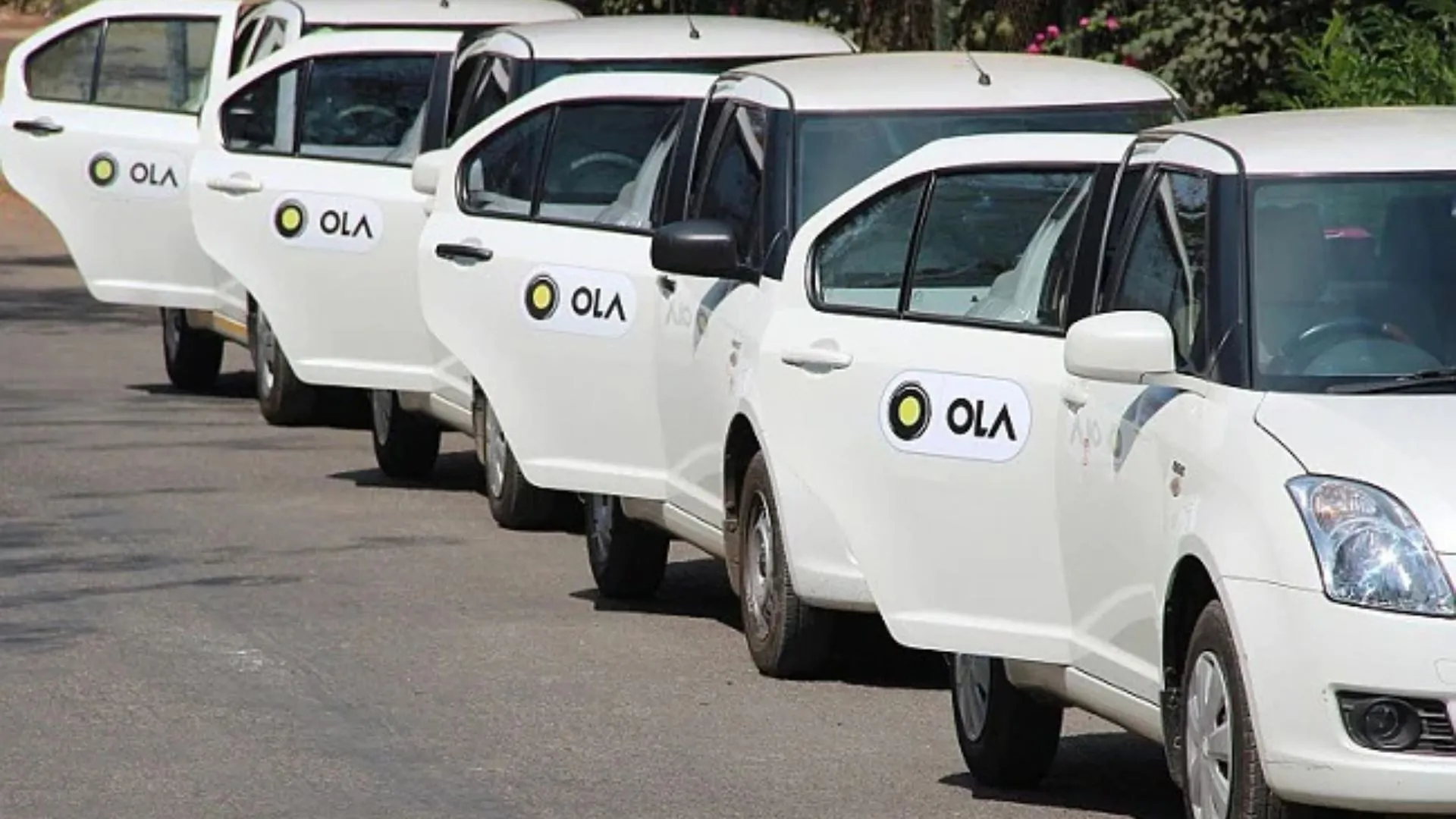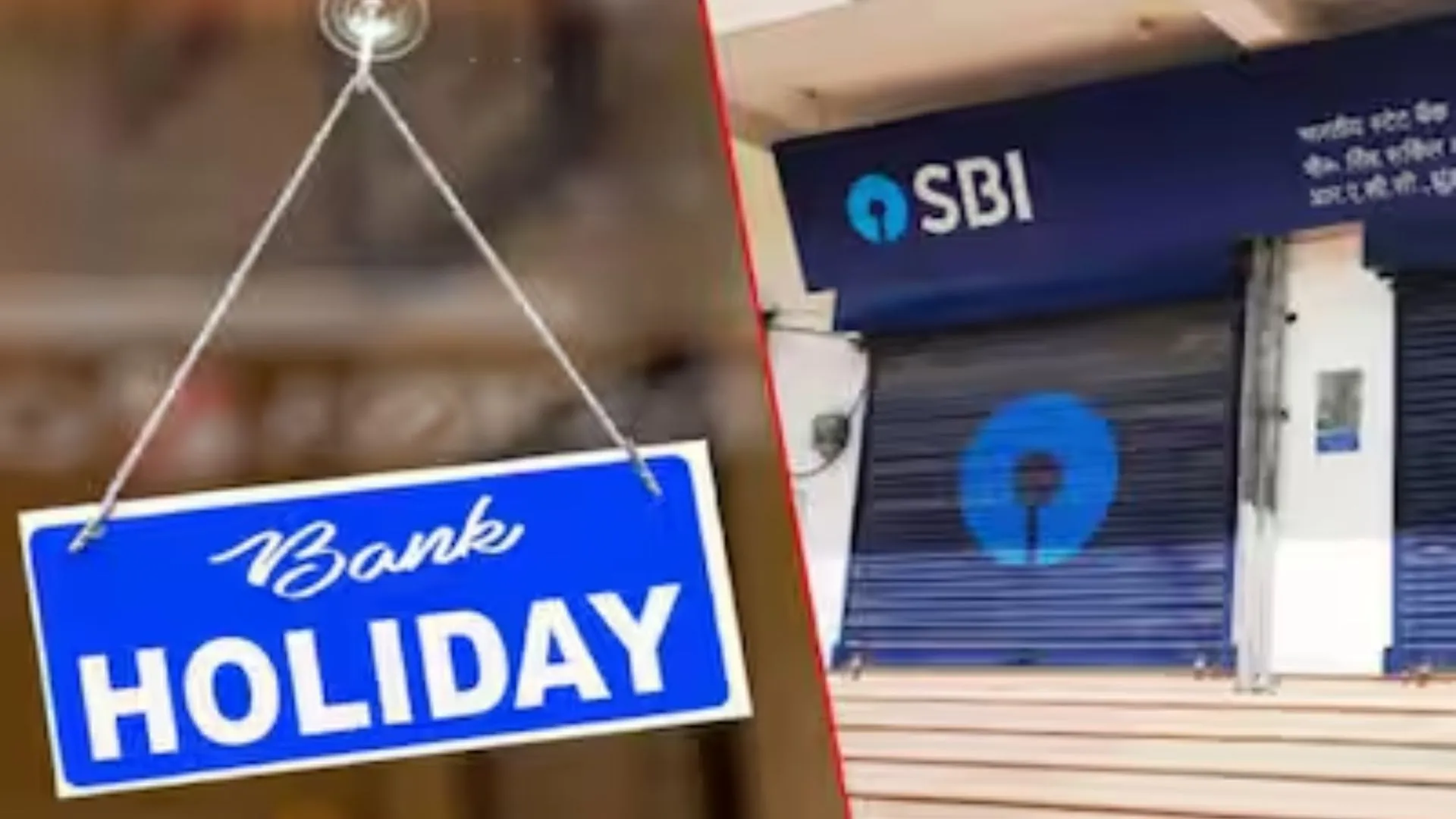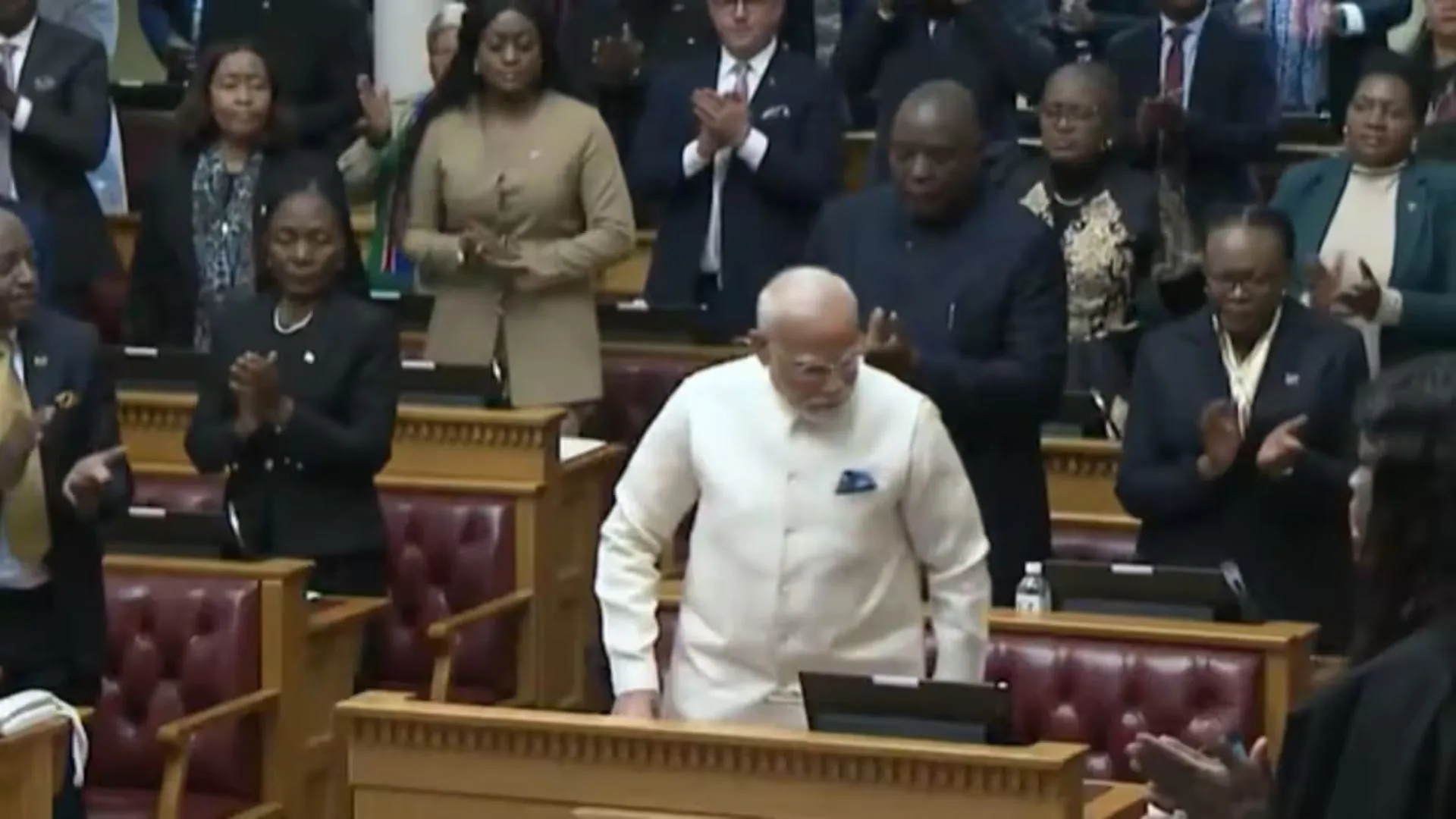The Centre has put forth a fresh guideline permitting ride-hailing apps such as Ola and Uber to raise their peak-hour fares. Cab aggregators can now charge up to two times the minimum fare during peak hours under the Motor Vehicle Aggregator Guidelines (MVAG) 2025, an upward revision from the earlier cap of 1.5 times.
At off-peak times, it is permissible for platforms to provide fares at a discounted rate, but not less than 50% of the minimum fare. This pricing strategy is designed to provide flexibility with the assurance of fair remuneration to drivers.
Penalty for Non-Genuine Reasons of Cancellation
The Ministry of Road Transport and Highways has also imposed stricter regulations regarding cancellations of rides. According to the guidelines, “10% of the fare not exceeding Rs 100 shall be levied on a driver if a ride is cancelled without any reason specified.” An equal fee will be charged from passengers cancelling rides without adequate reason.
These new guidelines seek to stem unnecessary ride cancellations and establish accountability on both passenger and driver levels.
States Provided Three Months to Enact MVAG 2025
The Centre has directed state governments to implement the new MVAG 2025 guidelines within three months from the date of issue. Adoption is recommended but voluntary, with states allowed to add provisions as per local requirements.
Base Fare and Dead Mileage Defined
On the issue of fare regulation, the ministry explained that the base fare is to be determined by the state government and said:
“The fare by the State Government for the relevant category or class of motor vehicles, shall be the base fare chargeable to passengers availing services from the aggregator,” under sub-clause 17.1 of the guidelines.
In order to offset operating expenses, the base fare will be payable on a minimum of three kilometers distance, which will include dead mileage like the distance of travel without passengers or on pickup. But passengers will not be billed for dead mileage if the trip is less than three kilometers.
The guidelines add:
“The fare shall be collected only from the origin point of the journey to the destination point where the passenger is dropped.”
Compulsory Insurance Cover for Passengers
In order to enhance passenger safety, the new MVAG guidelines also mandate aggregators to provide a minimum insurance cover of Rs 5 lakh for all passengers. This step is part of overall efforts to establish greater trust and security in app-based mobility services.
These overhauling reforms under MVAG 2025 propose to update India’s ride-hailing landscape, equilibrate the interests of drivers and passengers, and promote fair fares and accountability.





















